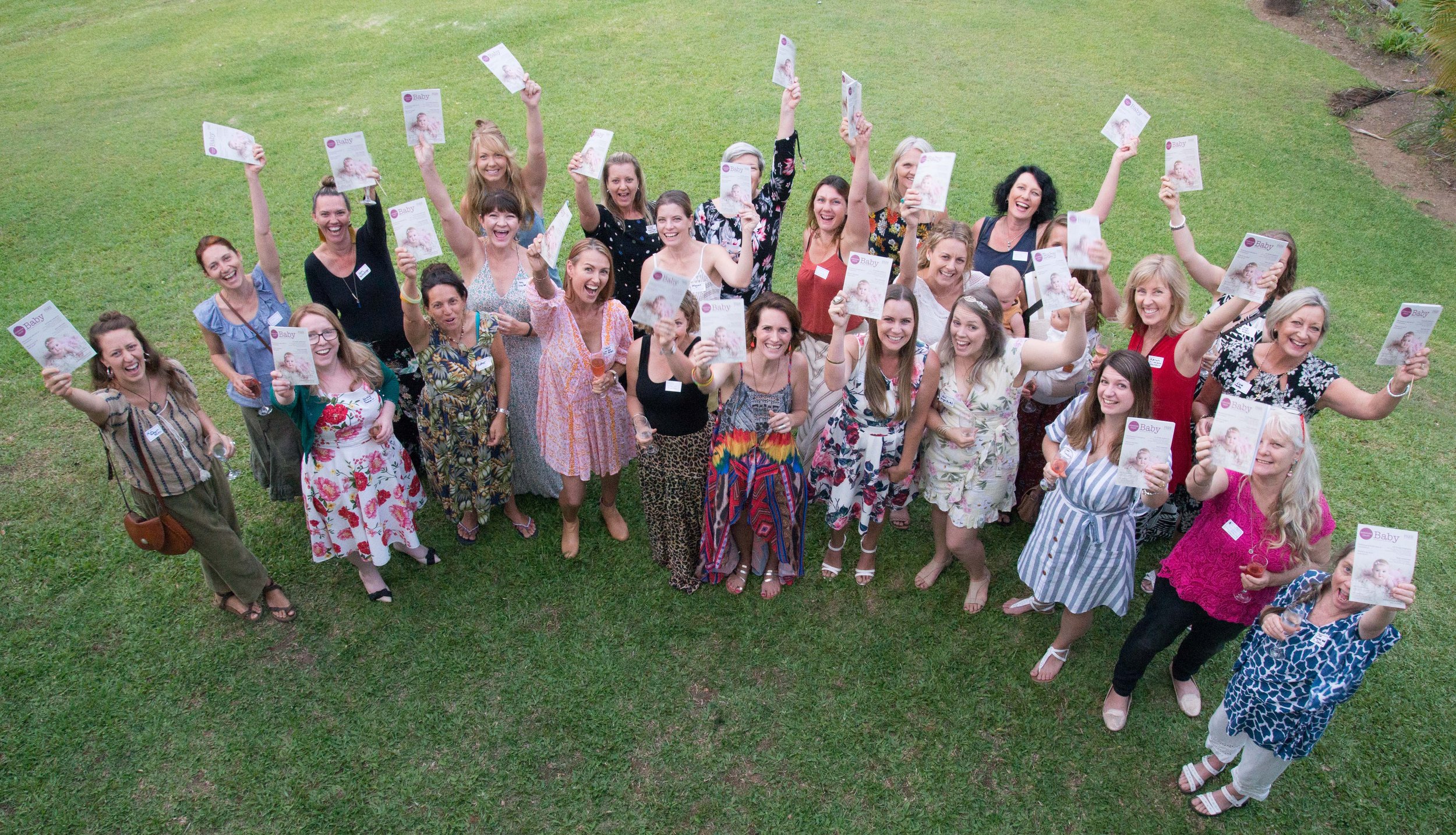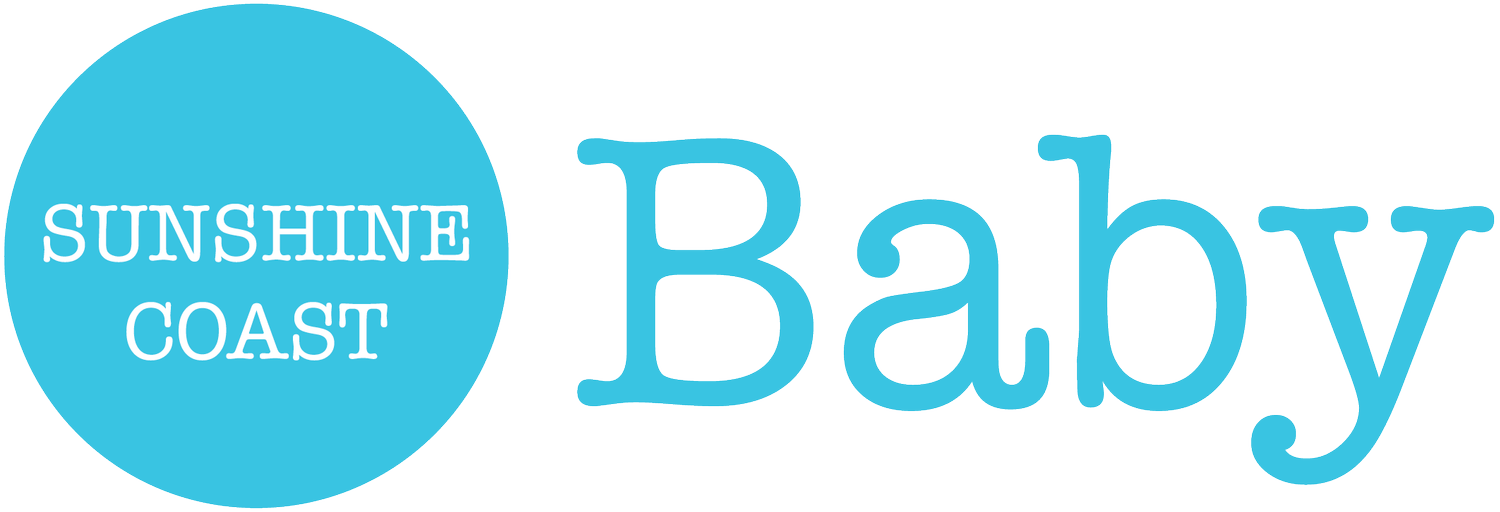Sunshine Coast Baby magazine is
Your one stop shop for all things pregnancy, birth, baby and early childhood on the Sunshine Coast.

Hey Mamas, Papas and Carers,
You are in the right place for all things Baby on the Sunshine Coast. Parenting can be a challenge, and these days ‘finding your village’ can be just as challenging. Think of this as your virtual village. Here you will find everything you need to support you in your parenting journey. From pre-conception to the pre-school years, this is a quick and easy reference to high quality businesses on the Sunshine Coast.
Download the 2025 edition here.
Use the search function below to search for the service or product you are looking for or keep scrolling to discover the current Sunshine Coast Baby Community.

Would you like to join us in the next edition, or in the online directory?
Read articles from our community
Read articles from our community
We have a wealth of knowledge here on the Coast. Grab a cuppa and take a scroll below to read educational articles from our community members.














